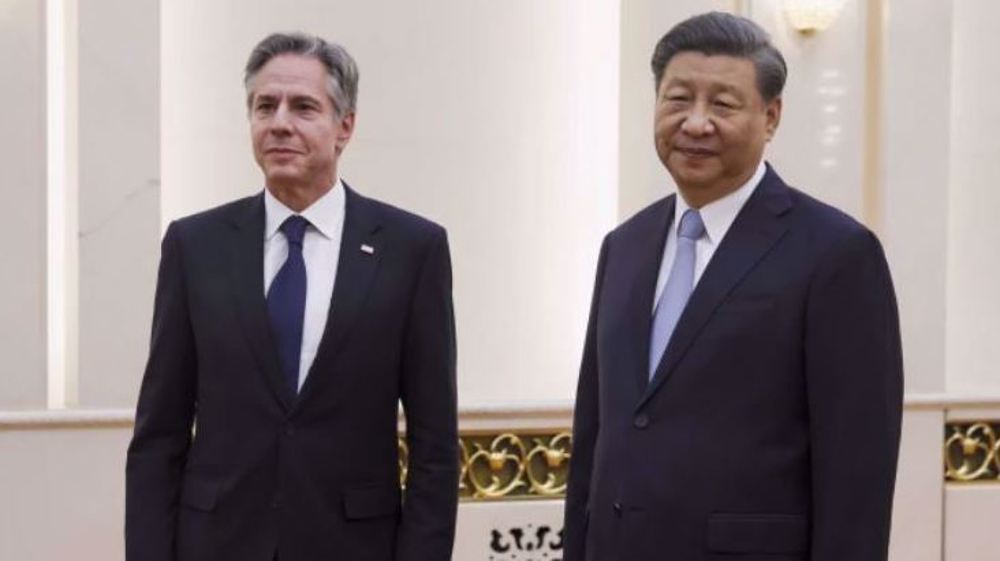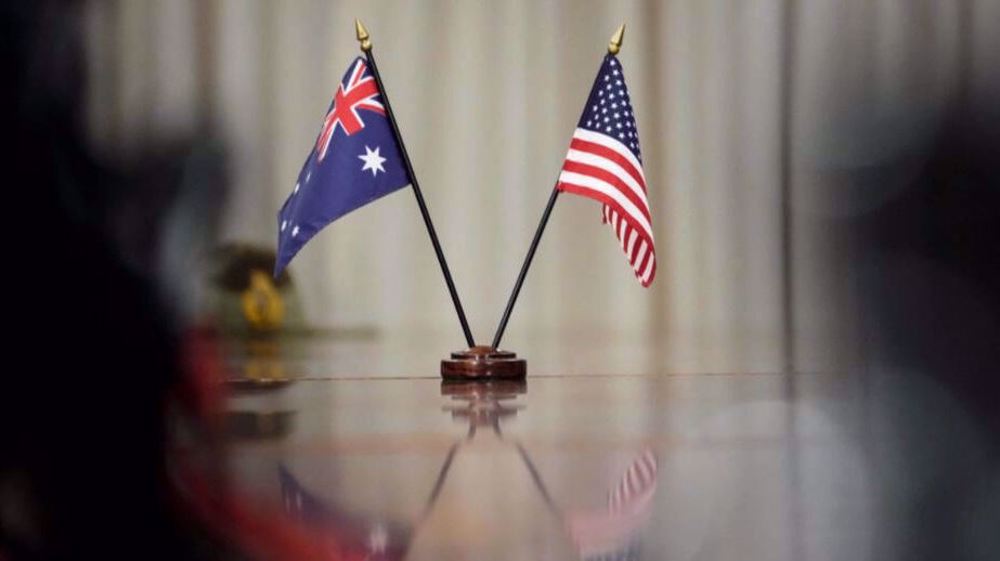Pro-independence candidates win seats in Hong Kong’s poll
Several pro-independence candidates have won seats in Hong Kong's legislative council election, raising the stakes in the already tense relations with China.
A record 2.2 million people, or 58 percent of registered voters, cast their ballots in the city-wide legislative election which ended in the early hours of Monday.
While official results were yet to be released, preliminary tallies indicated that several young activists advocating a break from Beijing had won seats in the 70-seat Legislative Council.
Among them was Nathan Law, 23, leader of the “Umbrella Movement” rallies, who came second in his constituency behind a pro-Beijing candidate.
The Umbrella Movement was created during the 2014 protests that erupted after the Chinese government introduced an election law, under which the people of Hong Kong will have to elect their next leader from a list of Beijing-vetted candidates in 2017.
Law and his new party Demosisto are calling for a referendum on independence, emphasizing Hong Kongers' right to choose.
“I think Hong Kongers really wanted change,” Law said, celebrating his win. “Young people have a sense of urgency when it comes to the future.”
With the pro-democracy camp split between those who back the idea of possible independence and those who are more wary of the once taboo notion, Law said he would seek to unify the different camps.
Full results weren't due till later in the day.

Voters directly choose 40 lawmakers for the 70-member body. The other 30 lawmakers for the region, which is home to multinational business firms, are from trade-based functional constituencies and indirectly elected by different professional interest groups.
The opposition hopes to pave the way for a fresh round of political confrontation over China’s control of the territory by winning a significant number of seats.
Beijing is strongly opposed to Hong Kong’s independence.
A survey by the University of Hong Kong showed that pro-Beijing lawmakers would gain the majority of the seats in the legislative body, which is tasked with establishing laws, overseeing budget, and supervising the local government’s work.
Currently, anti-establishment candidates belonging to the so-called localists or “pro-democracy” movements are demanding a chance to determine the future of Hong Kong by holding a referendum for independence from China.
On the eve of the elections, five candidates from the anti-Beijing camp dropped out of the political race in an effort to increase chances for their fellow candidates.
Hong Kong’s legislative, executive and judiciary bodies are separate and independent from China, and Beijing only maintains authority in defense and foreign affairs.
Iran calls on BRICS to play role in stopping Israeli crimes
President Raeisi’s historic visit opens new chapter in Iran-Pakistan ties
Russia: Poland’s talks on hosting US nuclear weapons ‘dangerous’
India’s home minister vows to end Muslim reservation if his party wins
UN expert calls for arms, oil embargo against Israel
VIDEO | Press TV's news headlines
Iranian police drone strike kills 2 terrorists in Sistan and Baluchestan
VIDEO | TikTok ban













 This makes it easy to access the Press TV website
This makes it easy to access the Press TV website